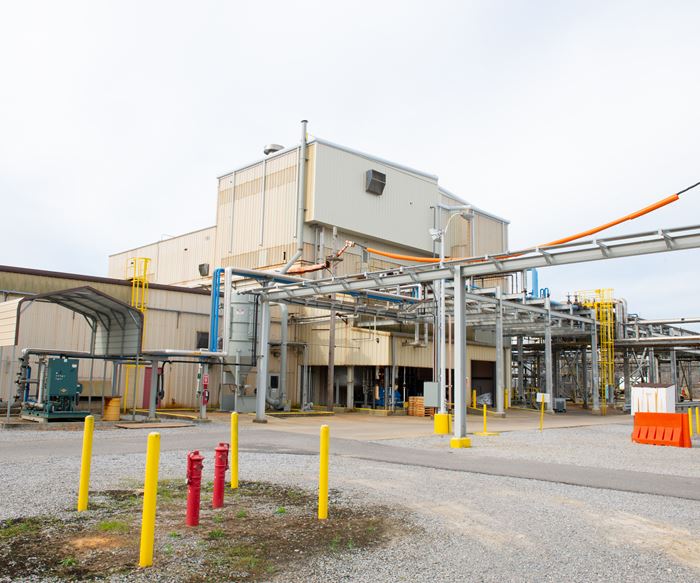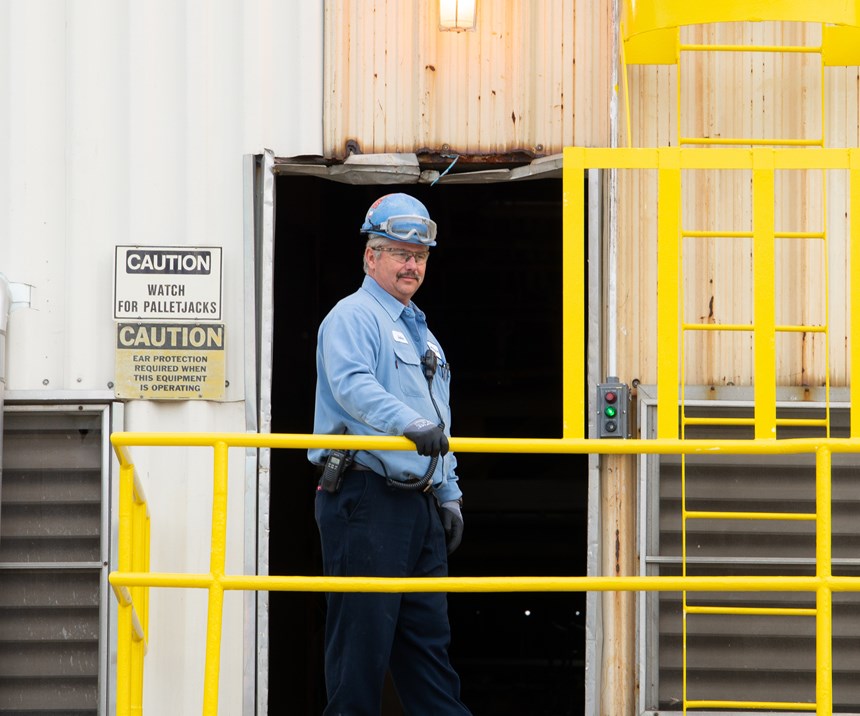Arkema Inc. builds U.S. PEKK production plant
The plant, located near Mobile, Alabama, will produce Kepstan PEKK materials targeted for carbon fiber-reinforced parts in next-generation aircraft.
Arkema (King of Prussia, Pa., U.S.) has announced the construction of a Kepstan polyetherketoneketone (PEKK) plant near its Mobile, Alabama site. This investment is meant to strengthen the company’s offerings of advanced materials for a variety of industries as well as its commitment to lightweight materials for sustainabile development.
Kepstan PEKK materials are said to feature optimal mechanical, chemical, fire and abrasion resistance. These resins also reportedly accommodate a range of processing technologies, particularly in the field of 3D printing, where they are suited for powder sintering and filament extrusion processes.
According to Arkema, its carbon fiber-reinforced Kepstan PEKK parts are targeted at the aeronautics and defense sectors as lightweight materials with faster production cycles to replace metal for structural parts of future generations of aircraft.
“This new capacity, which has been brought online on schedule, will enable our customers and their customers to better meet the future demand for ever more efficient materials,” says Christophe André, executive vice president of advanced materials for Arkema. “We thank our customers, our partners and the users who have trusted us and very early on selected Kepstan PEKK products in their respective markets.”
The Mobile plant also manufactures plastics additives. Approximately 23 new jobs were created with the addition of the Kepstan PEKK unit. The plant now employs 110 people and contributes to the local economy through several million dollars each year in payroll, utilities and property tax payments, according to the company.
The Kepstan PEKK facility is a new phase in Arkema’s ambitious growth strategy in high-performance polymers and advanced materials, the development of which is supported by the company’s advanced technologies in search of solutions for sustainable development. This investment, which complements the doubling of Kepstan PEKK resin capacities in France in 2017, is meant to support the demand for carbon fiber-reinforced composites and 3D printing.
Related Content
-
JEC World 2024 highlights: Thermoplastic composites, CMC and novel processes
CW senior technical editor Ginger Gardiner discusses some of the developments and demonstrators shown at the industry’s largest composites exhibition and conference.
-
Plant tour: Joby Aviation, Marina, Calif., U.S.
As the advanced air mobility market begins to take shape, market leader Joby Aviation works to industrialize composites manufacturing for its first-generation, composites-intensive, all-electric air taxi.
-
Welding is not bonding
Discussion of the issues in our understanding of thermoplastic composite welded structures and certification of the latest materials and welding technologies for future airframes.

.jpg;width=70;height=70;mode=crop)
















